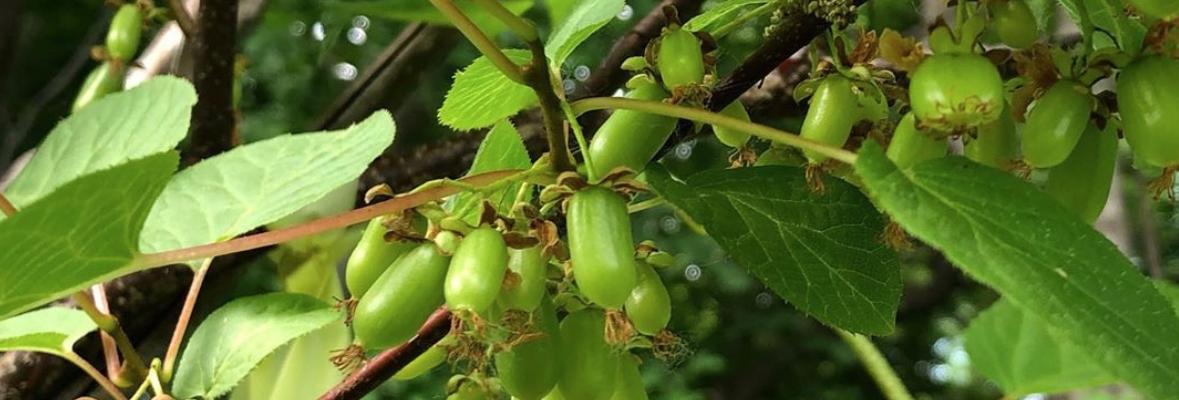Aronia (Aronia melanocarpa)
 |
| Black chokeberries - Source |
Although this plant is a native to North America there are relatively few people who know about it. Please let me introduce you to the producer of the original superfruit, Aronia melanocarpa. Superfruit it may be, but, to those who have tried the fruit, it is best known as black chokeberry (not chokecherry - totally different plant) because of its super power: ultimate power pucker. Let's continue on to see what this plant is all about.
- Superfruit - as mentioned, this was the first fruit to be called a superfruit, meaning it is incredibly beneficial for one's health. It is now coming back into the spotlight, having been rediscovered and starting to be re-hyped. New hype or old, the bottom line is that this fruit provides great things to your body, such as normalize blood pressure, strengthen blood vessels, support natural immunity, and delay the effects of aging, just to name a few.
- Antioxidants - going along with the superfruit portion above, aronia berries have been shown to have one of the highest antioxidant levels found in fruit. Plus, in addition to providing the most and best antioxidants, they also enable the blood's capacity to carry antioxidants.
- Native - aronia is a shrub that natively grows in eastern North America:
Native distribution in green - Source - Plant alternative - aronia is recommended as an alternative plant for some landscape plants that have been classified by some groups as invasive species, including winged euonymous, privets, some honeysuckle species, buckthorn, and some viburnum species.
- Perennial
- Blossoms!
- Edible - as mentioned, the fruit is often not regarded as edible when fresh picked, due to its intense tartness. However, when mixed with other foods or made into a juice or jam, that is when it really begins to shine.
- Food coloring - the dark blue juice can be used as a high quality, stable, natural food color
- Tolerant - it is disease, drought, pollution, and insect tolerant. Add to that list soil compaction, salt, mine spoils, and heavy metals tolerant. All in all, aronia is a very difficult bush to offend.
- Heavy metals safe - unlike other plants, aronia does not put heavy metals, such as lead, cadmium, arsenic, and tin, into the fruit. This means it is safe to eat the fruit even when the ground around the plant contains those heavy metals.
- Minerals - some elements that are needed in trace quantities by the body can be found in aronia berries. Some of these elements are manganese, copper, molybdenum, iodine, boron, and cobalt.
References
- http://aroniapoland.com/superfruit
- http://aroniapoland.com/scientific-publications
- http://www.pfaf.org/user/Plant.aspx?LatinName=Aronia+melanocarpa
- http://en.wikipedia.org/wiki/Aronia
- http://www.hort.net/profile/ros/arome/
- http://plants.usda.gov/plantguide/pdf/pg_arme6.pdf
- http://shine.yahoo.com/healthy-living/aronia-berries--the-new-antioxidant-super-fruit-195008315.html
- https://vipasuite.com/resources/dyn/files/783678zc0720b24/_fn/ORAC_R2+Fruit-Vegetables+2010.pdf?disposition=inline
- http://www.raintreenursery.com/Berries/Aronias/
- http://onegreenworld.com/Aronia/338/
- Native Alternatives to Invasive Plants, pg. 84, 97, 101, 106, 108, 125








